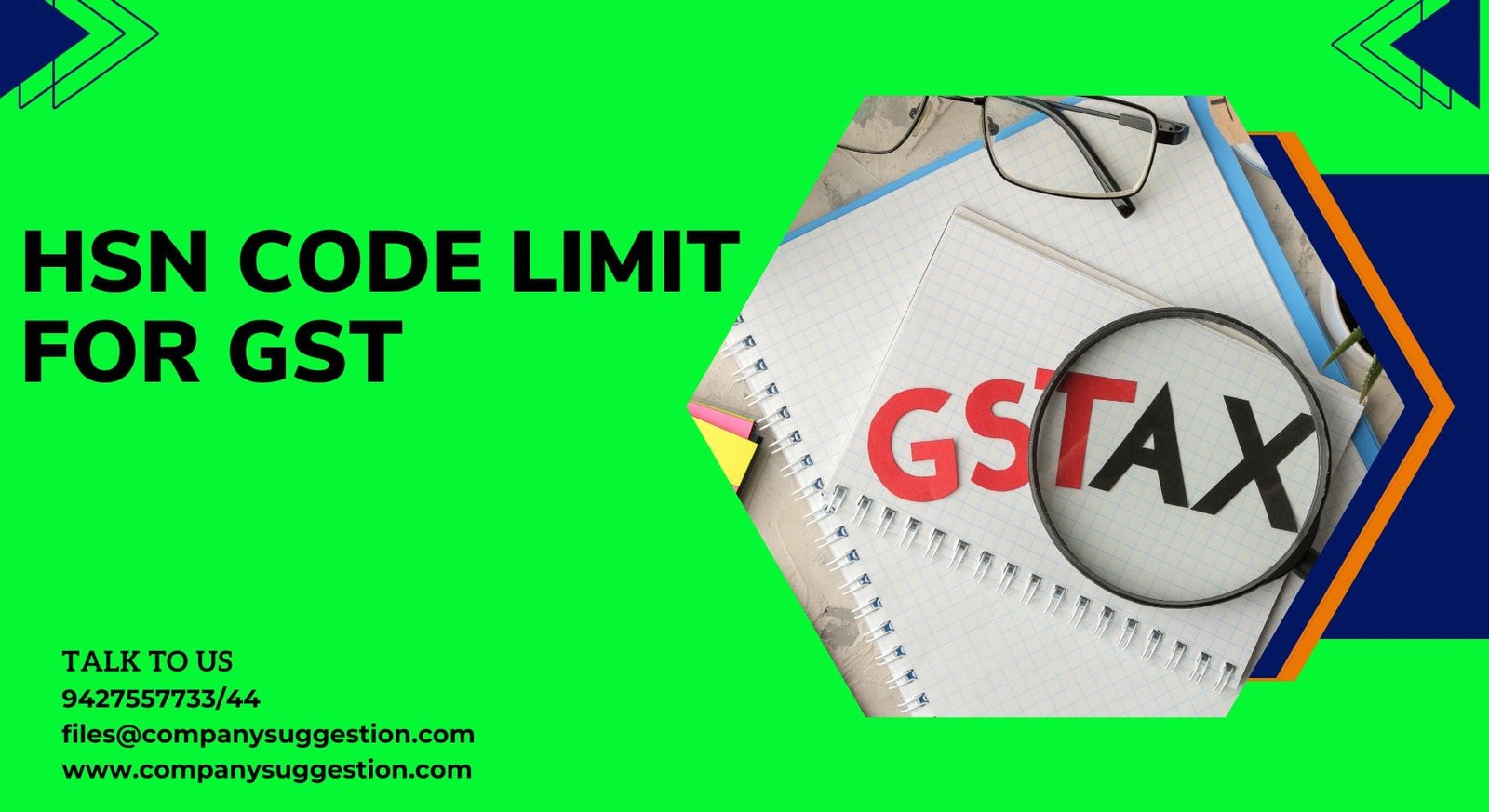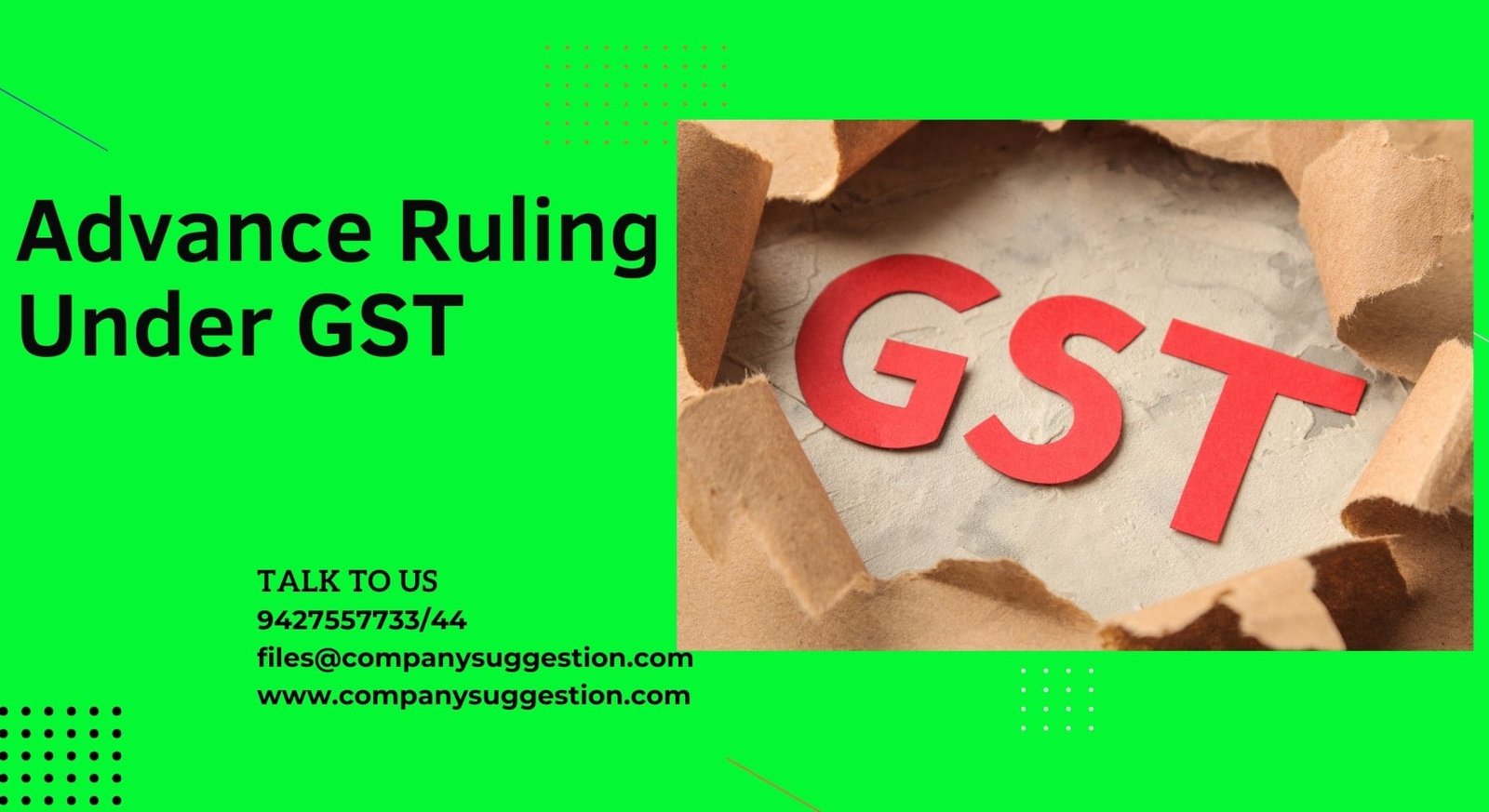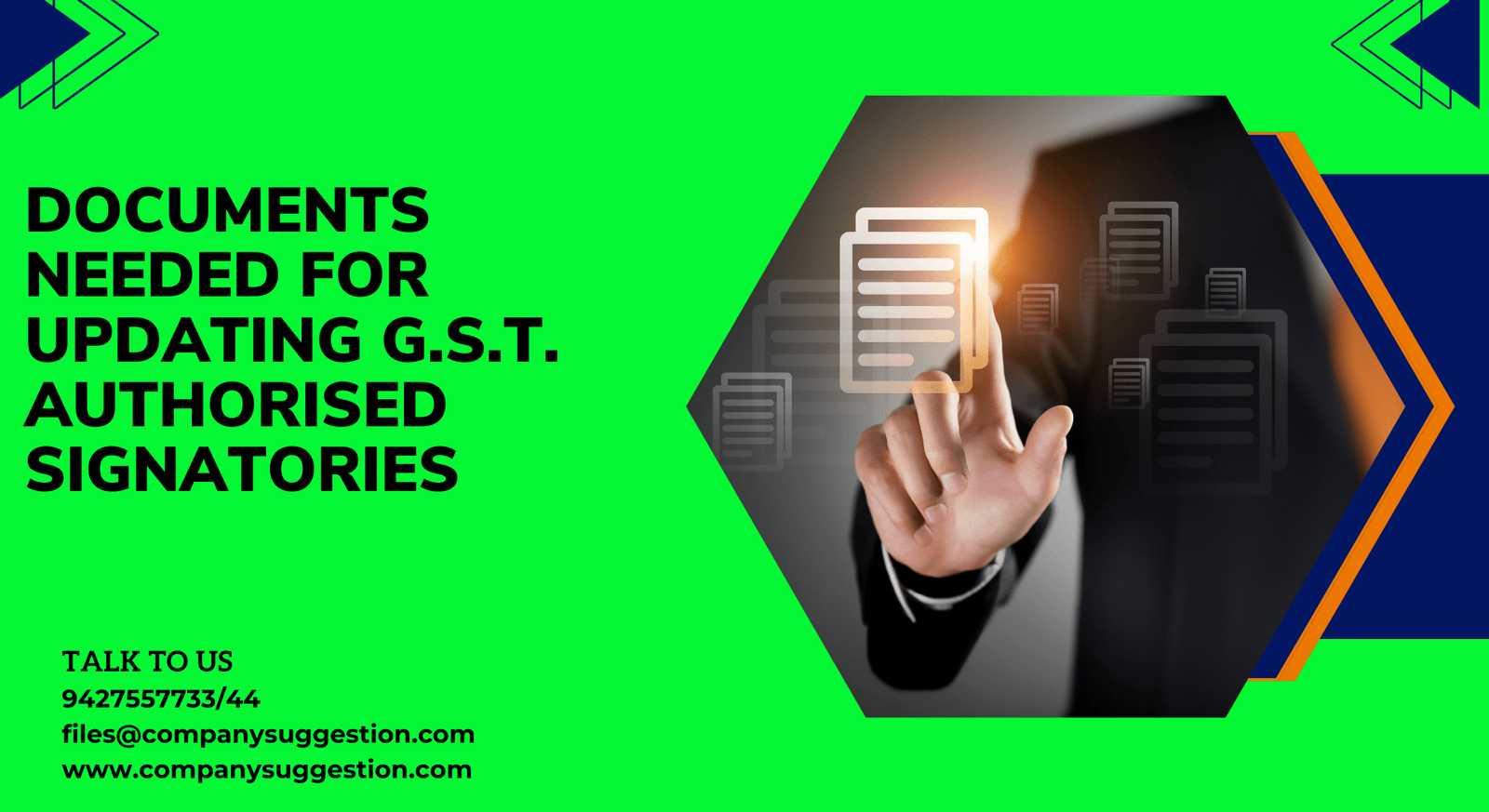REFUND UNDER GST :
Under the Goods and Services Tax (GST) regime, refunds can be claimed in certain circumstances. Here are some important points to understand about refunds under GST:
Eligibility Criteria: Refunds under GST are subject to certain eligibility criteria. These criteria may vary depending on the type of refund being claimed. For example, to claim a refund of excess tax paid, the taxpayer must have actually paid more tax than required, and to claim a refund of accumulated ITC due to inverted duty structure, the taxpayer must be engaged in the supply of goods or services that fall under the inverted duty structure.
Refund Application: To claim a refund under GST, the taxpayer needs to file a refund application in the prescribed format. The refund application should be filed within the time limit specified for the respective type of refund. The taxpayer needs to provide all the required details and supporting documents along with the refund application.
Verification and Processing: The refund application filed by the taxpayer is subject to verification by the tax authorities. The authorities may seek additional information or documents for verification. Once the refund application is found to be in order, the refund is processed and credited to the taxpayer’s bank account as per the details provided in the refund application.
Time Limit: There are time limits prescribed for processing and sanctioning refunds under GST. If the refund is not processed within the prescribed time limit, interest may be payable to the taxpayer.
Rejection and Appeal: In case the refund application is rejected by the tax authorities, the taxpayer has the right to file an appeal against such rejection. The appeal needs to be filed in the prescribed format within the specified time limit.
Documentation: Proper documentation is crucial while claiming a refund under GST. The taxpayer should maintain all the relevant invoices, documents, and records to support their refund claim. This includes invoices related to purchases, exports, supplies to SEZ, etc.
NATURE OF REFUND
The nature of refunds under Goods and Services Tax (GST) can vary depending on the type of refund being claimed. Here are some common types of refunds under GST:
- Refund of Excess Tax Paid: This type of refund arises when a taxpayer has paid more tax than required under GST. For example, due to a mistake in tax calculation, wrong classification of goods or services, or an overpayment of tax, the taxpayer may be eligible to claim a refund for the excess amount paid.
- Refund of Accumulated Input Tax Credit (ITC) due to Inverted Duty Structure: In cases where the rate of input tax credit (ITC) is higher than the rate of tax on the output supplies, resulting in an accumulation of unutilized ITC, taxpayers may claim a refund for such accumulated ITC.
- Refund of Tax Paid on Exports: GST provides for zero-rated supplies for exports, where no tax is payable on the supply of goods or services for export. In case tax is paid on exports, either through the payment of Integrated Goods and Services Tax (IGST) or through utilization of ITC, the taxpayer may claim a refund of such tax paid on exports.
- Refund of Tax Paid on Supplies to SEZ Units or Developers: Supplies of goods or services made to Special Economic Zones (SEZ) units or developers are considered as zero-rated supplies. In case tax is paid on such supplies, the taxpayer may claim a refund of the tax paid.
- Refund of Tax Paid by International Tourists: GST provides for a refund of tax paid by international tourists on the goods purchased by them in India and carried by them when leaving the country. The refund is processed through the Integrated GST (IGST) refund mechanism.
- Refund of Other Taxes and Duties: GST also covers various other taxes and duties that were subsumed under GST, such as Central Sales Tax (CST), Value Added Tax (VAT), and Service Tax, among others. In case of overpayment or erroneous payment of these taxes or duties, taxpayers may be eligible to claim a refund.
The nature of refund under GST can vary depending on the specific circumstances and type of refund being claimed. It is important for taxpayers to understand the specific requirements and procedures for claiming refunds under GST and maintain proper documentation to support their refund claims.
REFUND MAY NOT BE ALLOWED IN FOLLOWING CASES
There are several scenarios where refunds may not be allowed under the Goods and Services Tax (GST) regime. Here are some common situations where refund may not be allowed under GST:
- Input Tax Credit (ITC) used for non-business purposes: ITC can only be claimed on goods or services used for business purposes and for making taxable supplies. If goods or services are used for non-business purposes or for making exempt supplies, ITC may not be allowed, and hence, no refund would be available for such ITC.
- Refund claims with incomplete or incorrect information: If the refund application is not filed with complete and correct information, or if the supporting documents are not provided as required, the refund claim may be rejected, and no refund would be allowed in such cases. It is important to ensure that all the necessary details and documents are furnished accurately and completely while filing a refund claim.
- Refund of tax paid on goods or services not eligible for refund: There are certain supplies, such as alcoholic liquor for human consumption, petrol, diesel, and other specified petroleum products, which are not eligible for refund under GST. If tax is paid on goods or services used for making such supplies, no refund would be allowed for such tax paid.
- Refund of tax paid on goods or services for which credit is blocked or restricted: GST law provides for certain blocked or restricted credits, where input tax credit cannot be claimed. If tax is paid on goods or services for which credit is blocked or restricted, no refund would be allowed for such tax paid.
- Refund of tax paid on goods or services for which liability is discharged under the composition scheme: Taxpayers who have opted for the composition scheme under GST are not eligible to claim input tax credit. If tax is paid on goods or services used for making supplies under the composition scheme, no refund would be allowed for such tax paid.
- Refund claims beyond the prescribed time limits: GST law specifies time limits for filing refund claims. If the refund application is filed after the prescribed time limits, the refund claim may be rejected, and no refund would be allowed in such cases.
- Refund claims for amounts below the threshold limit: GST law prescribes a threshold limit for claiming refunds. If the refund claim amount is below the threshold limit, no refund may be allowed.
FORMS FOR REFUND
Under the Goods and Services Tax (GST) regime, there are specific forms that need to be used for claiming refunds. The forms for GST refund are as follows:
- GST RFD-01: This form is used for claiming refund of any tax, interest, penalty, or any other amount paid under GST, except for the refund of the integrated tax paid on goods exported out of India or on supplies made to a Special Economic Zone (SEZ) unit or developer.
- GST RFD-01A: This form is used for claiming refund of the balance in the electronic cash ledger after the set-off of tax liabilities, for a taxpayer who has paid tax by utilizing the credit available in the electronic credit ledger.
- GST RFD-02: This form is used for claiming refund of the tax paid on goods or services exported out of India or on supplies made to a SEZ unit or developer.
- GST RFD-03: This form is used for claiming refund of tax paid on supplies made to a SEZ unit or developer, where the taxpayer has opted for the deemed export benefits.
- GST RFD-04: This form is used for claiming refund of the tax paid on goods or services by an embassy, consulate, or any other person or authority representing a foreign country.
- GST RFD-05: This form is used for claiming refund of tax paid on the supply of goods or services to entities notified under section 55 of the Central Goods and Services Tax (CGST) Act, 2017, which includes United Nations organizations, specified persons, and other international organizations.
- GST RFD-06: This form is used for claiming refund of tax paid on supplies made to a specialized agency of the United Nations or any multilateral financial institution and organization notified under section 55 of the CGST Act, 2017.
- GST RFD-07: This form is used for claiming refund of excess balance in the electronic cash ledger by a person other than the taxpayer, such as a person who has made payment on behalf of the taxpayer or a person who has deposited tax by mistake.
- GST RFD-08: This form is used for claiming refund of tax paid by a casual taxable person or a non-resident taxable person.
- GST RFD-09: This form is used for claiming refund of tax paid on account of an order of refund issued by an adjudicating authority, Appellate Authority, Appellate Tribunal, or court.
- GST RFD-10: This form is used for claiming refund of tax paid on account of provisional assessment.
- GST RFD-11: This form is used for furnishing the details of inward supplies by a supplier who is not registered under GST, but is liable to pay tax under reverse charge mechanism.
- GST RFD-12: This form is used for claiming refund of accumulated ITC on account of inverted duty structure, i.e., where the rate of tax on input goods or services is higher than the rate of tax on the output supplies.
- GST RFD-13: This form is used for claiming refund of excess balance in the electronic credit ledger by a person other than the taxpayer, such as a person who has deposited excess credit by mistake.
These are some of the commonly used forms for claiming refunds under GST. It is important for taxpayers to carefully fill up and submit the appropriate form, along with all the required supporting documents, to claim refunds accurately and in compliance with the GST laws and regulations.












